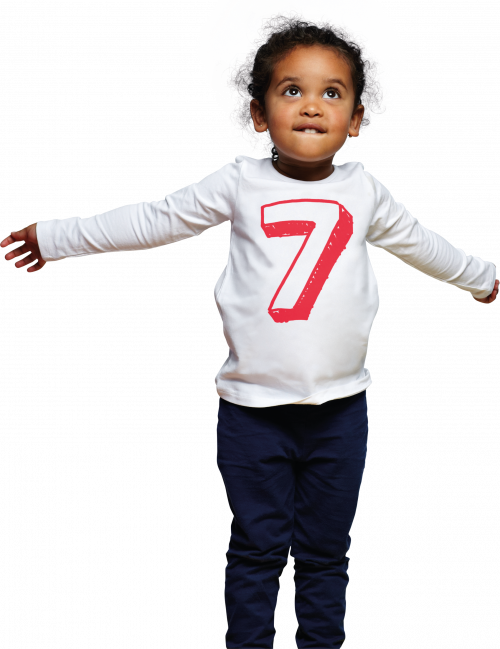
- Children can engage their senses in different ways outside compared to through indoor play, especially when it is in a natural or unpredictable space (i.e. woodland as opposed to a neat and manicured play area).
- Outdoor play in wooded or 'wild' environments, like at a Forest School gives children the opportunity to move around on unpredictable and challenging surfaces, and to experience different textures, sounds and weather. This helps children to enhance their learning about balance, body awareness and coordination.
- Developing balance and proprioception can be achieved through activities such as swinging, lifting and carrying and climbing. These are activities that can be seen as 'risky' or challenging to less confident practitioners. Understanding and being confident in how to support young children to engage these senses safely through play is fundamental to successful PD in the early years.
- Movement indoors can provide opportunities for children to develop fine and gross motor skills via unstructured and structured play.
- Tables can be one of the biggest barriers to children's movement in an indoor space. Create space by setting up tables so they're confined to one area of the room or around the walls. This will allow space in the centre for more activities that encourage movement.
- Positive play spaces allow children to engage in movement that is energetic and builds strength, which is good for social interactions, and allows them to make choices about whether to play alone or with others.
